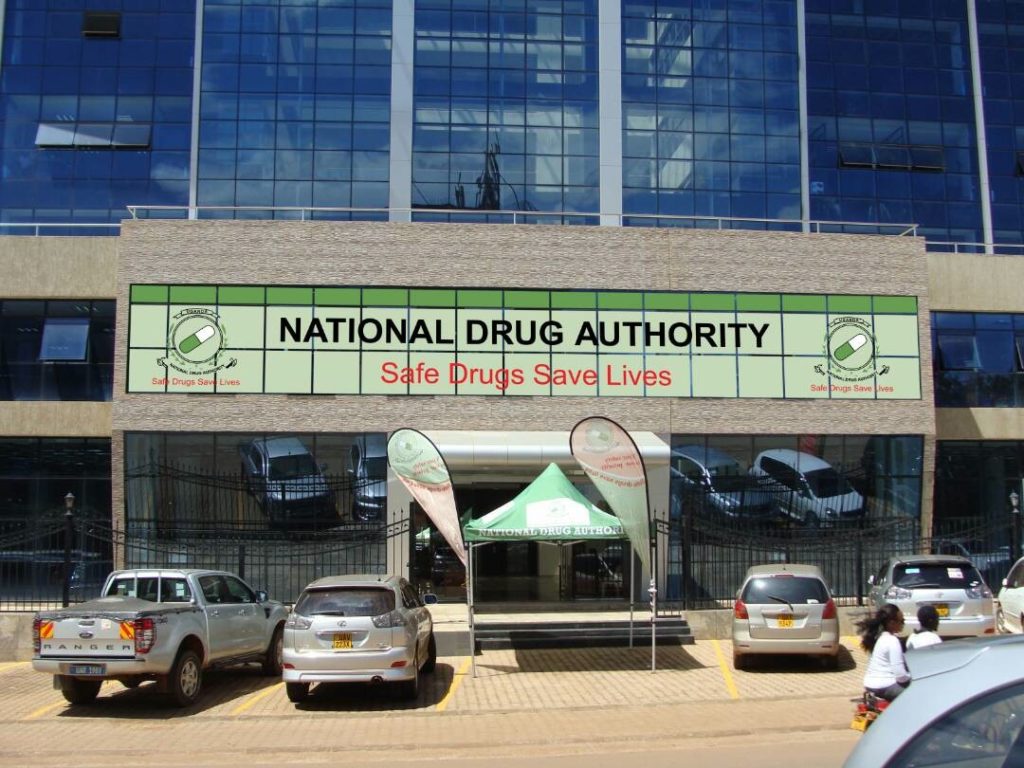
Pharmacists have petitioned the Speaker asking Parliament to investigate the National Drug Authority (NDA) which they fault for abusing its mandate in regulating operations of pharmacies in the country.
The pharmacists, under the Uganda Pharmacy Owners’ Association who met the Speaker Rebecca Kadaga on Thursday 25th Jan. 2018, are displeased with the recent NDA ban on opening new outlets in Kampala and municipalities in the country on grounds that all the areas are sufficiently served.
“This is not true, we have many municipalities in Uganda that are not sufficiently served,” said Deo Kalikumutima, the Association’s Legal Secretary.
Pharmacy owners argued that the said ban contravenes the mandate of NDA which is provided in the National Drug Authority Act, which provides that “The National Drug Authority shall ensure that essential, safe, efficacious and cost-effective drugs are made available to the entire population of Uganda to provide satisfactory healthcare.”
Petitioners said that for the drug distribution regulator to offer a duo license to operate a wholesale and a retail pharmacy one must recruit two pharmacists, even when both pharmacies are housed in one premise.
This, petitioners say, is unfair and unlawful as the law provides for a pharmacist to supervise a set of pharmacies rather not one. One member revealed that as a result of the measure, he pays Ushs 10 million per month on rent.
Other grievances include the move by NDA to more than double the space requirements for pharmacies holding duo license from the original 25 square metres to 61 square meters. Petitioners said this had left some operators, especially indigenous operators, out of space as it remains difficult to find enough space.

Petitioners also complained of NDA’s failure to regulate the mushrooming illegal trade in drugs shops, saying that it concentrates only on pharmacies, and faulted the Authority for failing to regulate pharmacies housed within hospitals and clinics.
“When you are importing drugs, 12 percent is levied on 55 drugs and URA charges 6 percent on drugs which are supposed to be refundable, but that never happens. Importers transfer this cost to consumers,” said Nicholas Mukasa, the Association’s Vice Chairperson.
The petitioners attributed this to the fact that government does not fund NDA’s operational costs.
Speaker Kadaga wondered why government was not funding the NDA. “I want to know why NDA is not being funded and why this is being transferred to the public. I am busy fighting for business people to get their space, we shall fight this one as well,” said Kadaga, who said the petition would be forwarded to the Committee on Health for consideration.
The petitioners prayed that they get a representative on the NDA Board, as stipulated in the NDA Act
